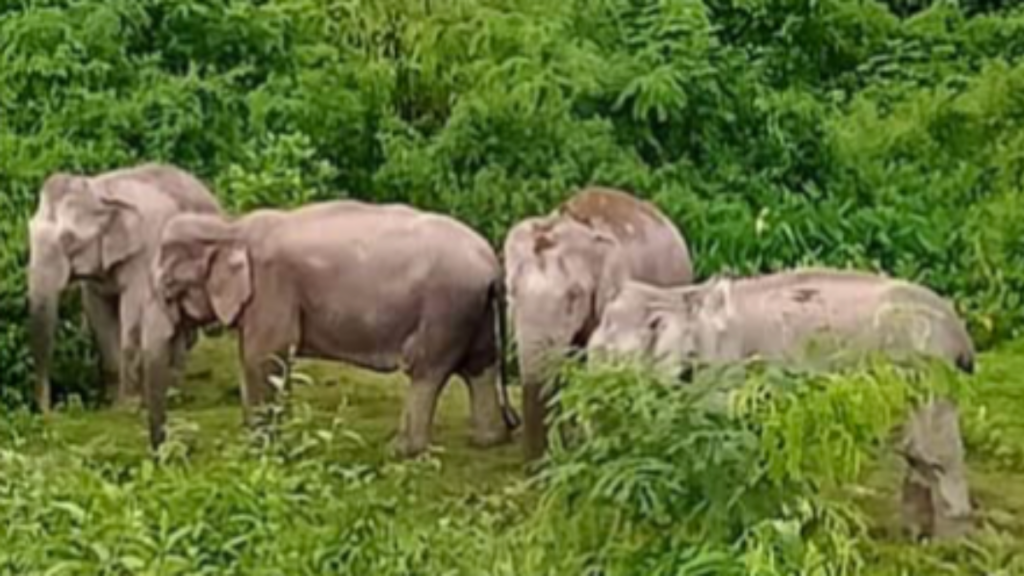The Tripura Forest Department has taken a significant step towards wildlife conservation by relocating 12 captive elephants to Gujarat. The decision comes after the owners willingly surrendered the elephants to the forest department.
The captive elephants were kept by various individuals and organizations in Tripura. However, recognizing the challenges associated with their captivity and the need for their well-being, the owners decided to hand them over to the forest department.
Following the surrender, the Tripura Forest Department coordinated with authorities in Gujarat to facilitate the safe transportation of the elephants to their new habitat. The elephants were carefully transported over a considerable distance to ensure their comfort and safety during the journey.
The relocation of these captive elephants to Gujarat aligns with the broader efforts of the Tripura Forest Department to protect and preserve wildlife. By transferring the elephants to a more suitable environment, the department aims to enhance their quality of life and promote their natural behavior.
Moreover, this initiative reflects the commitment of both the Tripura and Gujarat governments to wildlife conservation. By working together, they are taking concrete steps to address the welfare of captive elephants and contribute to the broader conservation goals.
The decision to relocate the elephants to Gujarat was made after careful consideration of various factors, including the availability of suitable habitats and the expertise of wildlife authorities. The move is expected to provide the elephants with a better quality of life and ensure their long-term well-being.
Overall, the surrender and relocation of the 12 captive elephants mark a significant milestone in wildlife conservation efforts in Tripura. It underscores the importance of collaboration between government agencies and stakeholders in safeguarding vulnerable species and preserving biodiversity.

